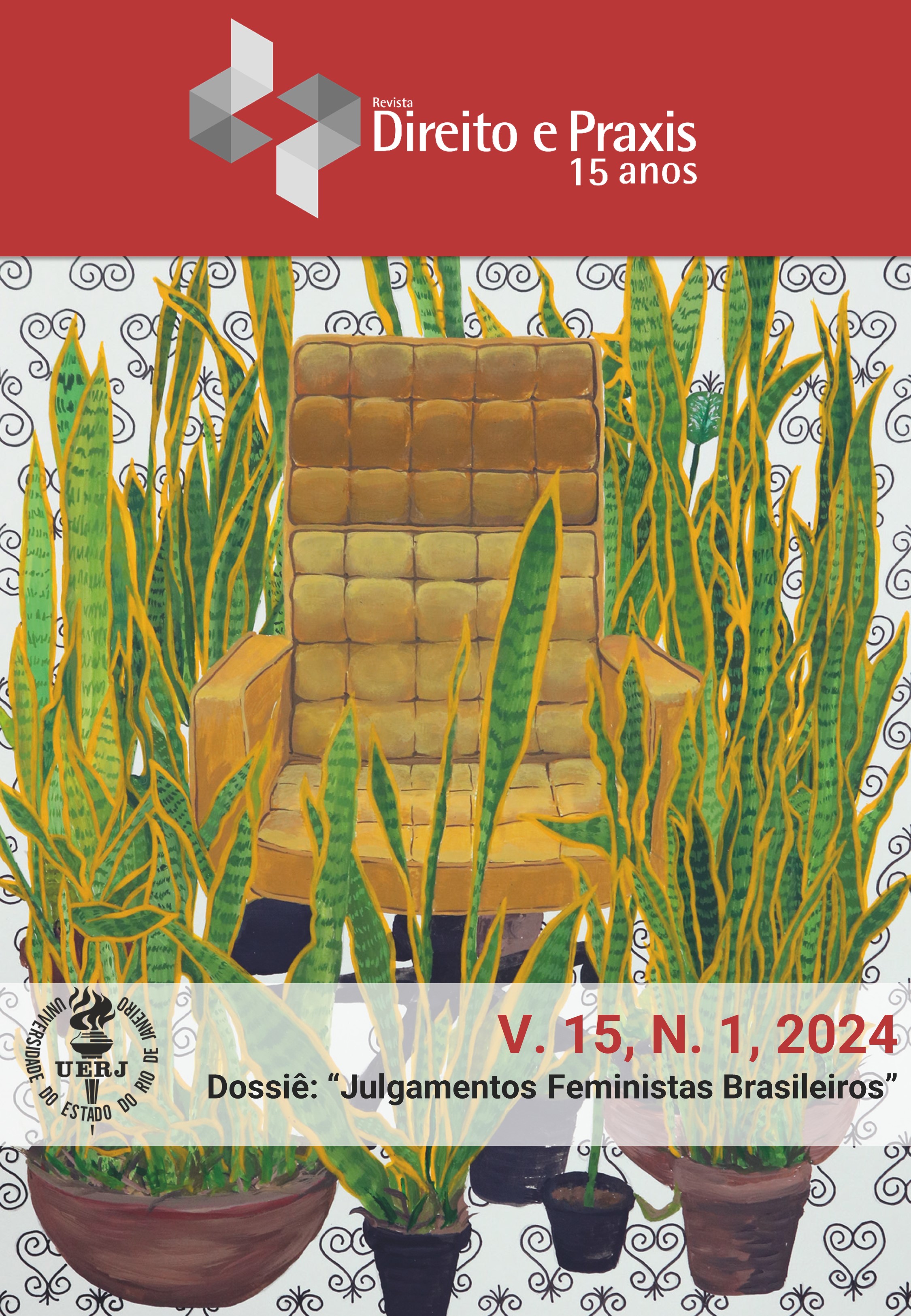Amnesty Laws in Inter-American Human Rights System and Transitional Justice in Brazilian and Argentine States
Keywords:
Comparative law, The right to memory, The right to truth, Political amnesty, Constitutional courts, Inter-American System of Human Rights, Transitional JusticeAbstract
https://doi.org/10.1590/2179-8966/2022/66256
During the Cold War, face the communist threat, Latin American countries lived under dictatorial governments and estate violence. In 1979, Brazil approved Political Amnesty Law that allowed large amnesty both perpetrators of state violence and regime dissidents. This law remains current, without revisions and alterations in reason of Allegation of Fundamental Precept judgment by Supreme Court, although manifestations against the Political Amnesty Law from Inter-American System of Human Rights. Argentina, on the other hand, despite having approved in 1986 the End Point Law that allowed impunity of the state violence perpetrators during dictatorship with the stoppage of ongoing lawsuits predicted, have reviewed your position through a dialogue with the International Commission of Human Rights. Across comparative method of historical conditions that bring to approval and the content in general of Brazilian and Argentine Political Amnesty Laws, also, of the Inter-American System manifestations about this laws, the present study pursuit present similarities and unconformities in treatments intern forms by Argentine and Brazilian Constitutional Courts after Inter-American System manifestations about their Amnesty Laws and understand the accountability of agents responsible for estate violence, indispensable in transitional justice also using the hypothetical-deductive method and bibliographic and documentary research. Lastly the present research makes explicit the lack of good transitional justice in Brazil, based on the amnesty law drafted during the military dictatorship, on Brazil’s convictions before Inter-American Court of Human Rights and on the confirmation of constitutionality of the mentioned law by the Brazilian Constitutional Court in a comparative method with the way Argentina has conducted its transitional justice, with rupture and penalization of those who perpetrated violence and human rights violations during the dictatorship, enabling the effectiveness of the right to the truth and the possibility of building the memory of the population.
Keywords: Comparative law; The right to memory; The right to truth. Political amnesty; Constitutional courts; Inter-American System of Human Rights; Transitional Justice.
Downloads
Published
How to Cite
Issue
Section
License
Copyright (c) 2022 Direito e Práxis

This work is licensed under a Creative Commons Attribution 4.0 International License.
The authors the sole responsibility for their texts.
It is allowed the total or partial reproduction of the articles of the Journal Law and Praxis, if the author is mentioned.
This work is licensed under a Creative Commons Attribution-Noncommercial-Share Alike 4.0 Unported License.
This license allows you to copy and redistribute the material in any medium or format for any purpose, even commercial, provided the original authorship is cited.
This work is licensed under a Creative Commons Attribution 4.0 International License.



